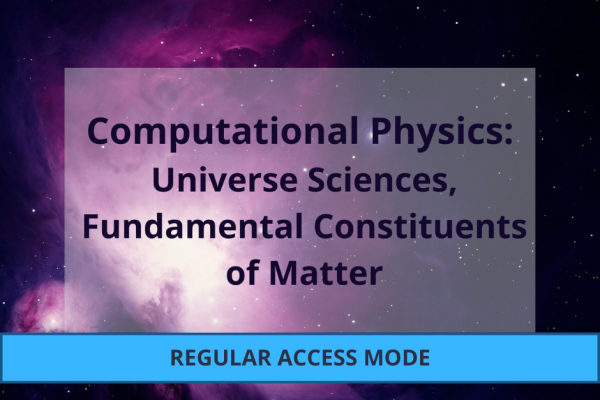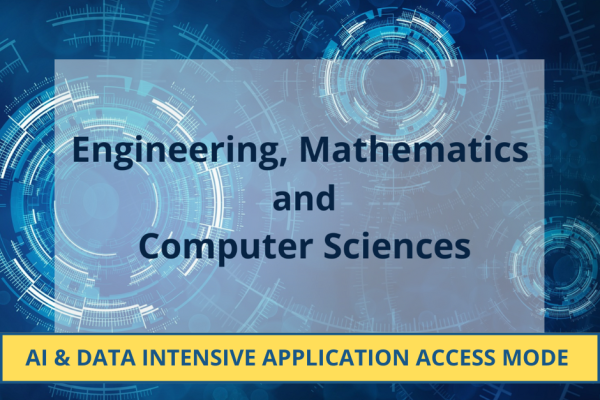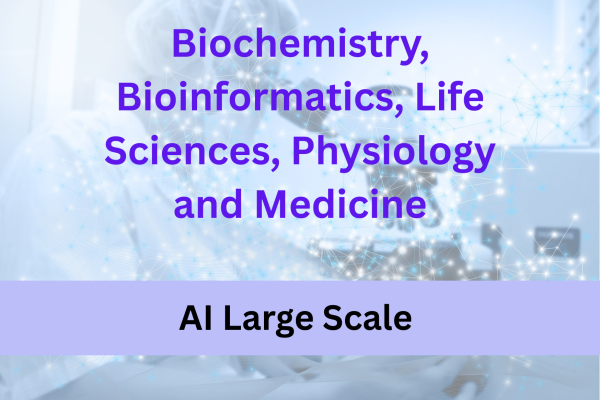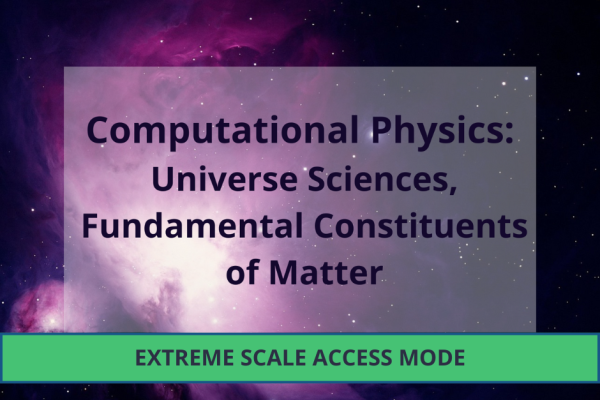Filter by
Awarded Projects (335)
RSS
In the last decades, ionic liquids (ILs) and their close relatives deep eutectic solvents (DES) have increasingly attracted a huge research effort due to their varied applicability in many technological fields of societal importance.

How did the Earth and the other terrestrial planets form? Even though there are many models in existence that attempt to solve this question, all of them suffer from specific shortages that can only be overcome with next-generation computation facilities.

In this project we will make use of quantum anharmonic first-principles calculations to predict novel high-Tc ternary hydrides stable or metastable at ambient pressure.

Document Understanding involves analyzing documents to extract and interpret textual content, complex structures, layouts, graphical elements, and handwritten information.

Current Large Language Models (LLMs) are trained on massive amounts of text data, mainly encompassing only a few dominant languages. Studies suggest that this over-reliance on high-resource languages, such as English, hampers the performance of LLMs in mid- and low-resource languages.

This project addresses major scientific challenges in functional annotation, structure prediction, and variant effect inference from previously inaccessible metagenomic and environmental sequence data, with broad implications for biotechnology, healthcare, and sustainable bioengineering.

Molecular diversity is ubiquitous throughout the Universe. Simple molecules (e.g., CH3OH) have been observed in star-forming regions, whose formation has been shown to occur on the ice mantles of interstellar grains.

Dark matter (DM) makes up about 25% of the content of the Universe in the standard cosmological model. Its existence was predicted to explain the rapid growth of structures in the Universe such as our galaxy, that ultimately led to our existence

This project addresses the fundamental problem of combustion noise in hydrogen flames. To reduce CO2 emissions and reach the targets of the European Green Deal agreements, hydrogen combustion is gaining momentum in the aviation and power generation industries.

The project aims to to obtain ab-initio information about these simpler quantities through our lattice simulations which are now feasible due to the existence of pre exascale computers.